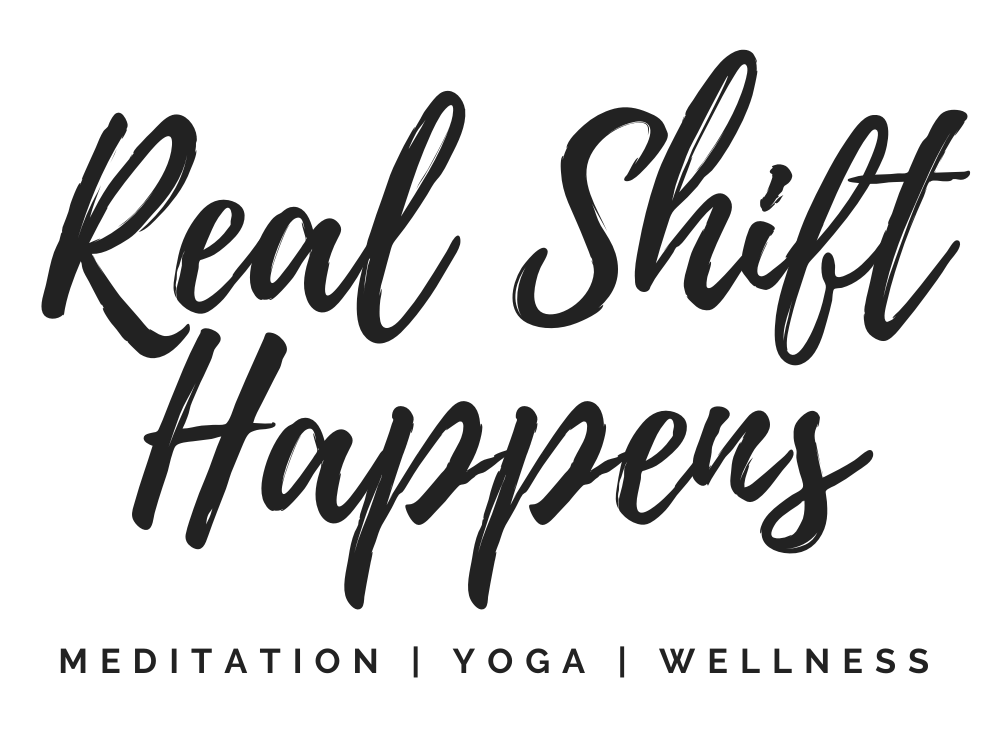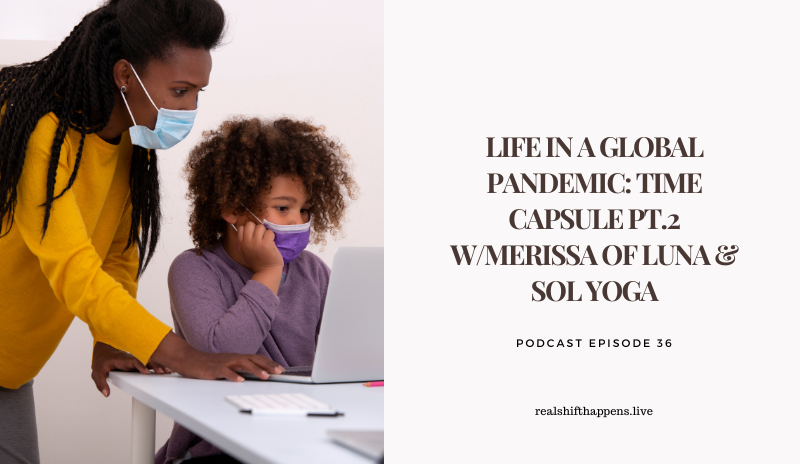A Beginner’s Guide to Meditation

We can all agree that life is stressful AF! Even if things seem to be going smoothly in our own lives, which is rare, there’s always the craziness going on in the world around us. No matter what happens in life, good or bad, stress seems to be a constant. Then the question is how do we manage it? Read on to find out!
Manage Stress
Yes, it’s true, stress is a b@!%ch! And unless you live as a monk isolated from the world sitting in meditation all day then you are probably facing some kind of stress in your life right now as you read this. And if you were a monk you probably wouldn’t be reading this. Anyway, I digress, the point is stress and it’s related illnesses ultimately have a great impact on our lives.
Of course, we all want to reduce the stress and problems in our lives but in general, life will always have its ups and downs. Our mission is to learn how to react, deal with and adapt to the things in life that are out of our control.

One tool to cope with the stress that I have found to be personally very helpful is meditation. I began a daily meditation practice about six years ago and I can say I truly I have no more stress. Only joking, of course, I still have all the BS of life that everyone has, but I can say I’ve learned to cope better since meditation.
Benefits of Meditation
Personally, meditation has seriously help me shift my life for the better. My mind is much more clear and focused. I feel more connected to myself and I’m calmer and less apt to react abruptly. I haven’t been sick in years. And I wish I would have started when I was in my twenties. Nonetheless, I can feel the effects meditation has had on me.
And nowadays, there are many science-based studies showing the positive effects of meditation from reducing stress to controlling anxiety, to improving sleep and even helping fight addictions.
However, even getting to a daily practice was a chore. It took a lot of stopping and starting before I developed a routine of including meditation into my daily life. Now, I meditate for twenty minutes twice daily and it’s become a habit. So it’s never an issue to take that time.

It took time for me to gradually get to this point so don’t think that you have to start meditating for so long at the beginning. You can start slow and gradually build up like you would do if you were just starting a workout regime.
I’m going to give you five great tips to help you start a daily meditation practice that I used when I first started meditating.
Now let’s get started!

1. Make it a Priority
First and foremost, you have to make sure you are in the right mindset to start. Meaning, you are making meditation a priority in your life because you know it’s good for you. Keep in mind that you trying to stay committed to the idea of creating a daily meditation practice.
It’s much easier to stay on track if you have a deeper reason for why you are doing this. Find your real “why” reason. For example, “I am committing to a 21-day meditation challenge to I can be more focused and aware in my life.”
And don’t beat yourself up if you miss a day, just gently guide yourself back on track the next day. It’s not easy starting and sticking to a new habit. So be easy and gentle with yourself.
2. Find a Guided Meditation
I recommend doing to start a daily meditation practice is to decide what kind of meditation will you do and how long? I suggest finding a good 5-10 minute guided meditation to start.
And of course, you can use my 5- minute guided meditation in Ep. 1 of Real Shift Happens: Wellness Podcast. Provided below.
Or there are several websites that provide daily guided meditations delivered to your email. This is how I first began, through a free 21-day guided meditation challenge from Deepak Chopra & Oprah.

There are also several meditation apps out there that are really great for beginners. One of my favorites is the Calm app. It has nature sounds, scenes, and a timer with a chime. It also helps you log your meditations and keeps track of your progress. I used that app for a few years.
3. Create Space
Now that you have your guided meditation ready to go, you need to figure out a physical location to meditate. Somewhere quiet and cozy where you can sit up without distractions preferably. If possible, you can create a little area in your room or corner in your house or even outdoors.
If you have a space to create, you can decorate the area with candles or soft lighting, maybe even with a shrine of some sort. It’s totally up to you. Make it comfortable enough to relax but not too comfy to fall asleep. So you want to make sure you are sitting up erectly.
If you don’t have a space in your house or room especially for meditating, that ‘s ok too. Just find a chair, the floor, your bed, anywhere you can find a quiet space for 5-10 minutes. Try to make this space your daily meditation space to help create a habit.

4. Pick a Time
If possible, it’s good to have your meditation time at the same time every day. If you prefer mornings when you first wake up or before you go to bed, it’s your choice. Just try to stay consistent with whichever time you choose.
If you have children, let them know what you’re doing and that mommy cannot be disturbed during meditation time. This also helps you create a habit and especially with kids, it lets them know that this is your time at that certain time every day.
If you have a baby or very small children, then you might have to just get it in where it fits until you have the kids on a routine, then you can carve out the time and make it a part of your routine.

5. Let Go of Expectations
Yeah I know I pumped up all the great benefits of meditation and how it helps reduce stress, but try not to think about any of that. And contrary to what people might think, meditation is not about thinking about nothing which is virtually impossible. It is about being aware of your thoughts, being the watcher of your thoughts.
If you are having a hard time sitting still, that’s ok and perfectly normal when you first start. Give it some time and you will begin to relax into the silence. And when thoughts come through your mind, you let them come up and allow them to pass. When you use guided meditations to start, the guide will help you with this. You will always have thoughts running through your mind, the key is to them pass and bring your focus back to the center.
Remember meditation has a cumulative effect, so try to stick to your practice every day. And when you feel ready, increase your time. Once you get into the swing of things, you will never want to miss your meditation time.
Try it for 21 days straight to really solidify the habit.


